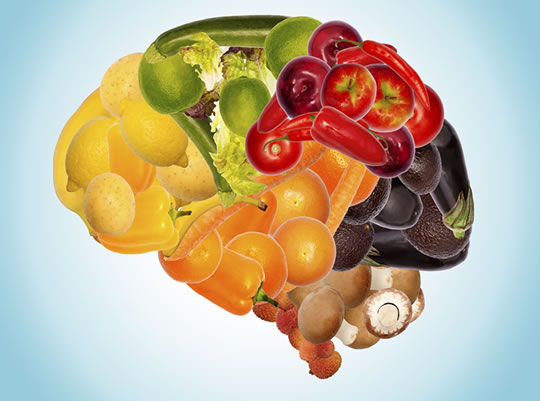How your diet can stop your brain from ageing.
Leafy green vegetables like kale and spinach are particularly good for cognitive health, new research underlines.
People with higher levels of lutein — a nutrient found in them — had the neural response of younger brains.
Professor Naiman Khan, who led the research, said:
“Now there’s an additional reason to eat nutrient-rich foods such as green leafy vegetables, eggs and avocados.
We know these foods are related to other health benefits, but these data indicate that there may be cognitive benefits as well.”
The body cannot make lutein so it has to be obtained from the diet.
Lutein typically accumulates in the eye and brain.
Here are 10 foods that are high in lutein:
- Spinach.
- Kale.
- Carrots.
- Broccoli.
- Eggs.
- Red and yellow peppers.
- Sweetcorn.
- Tomatoes.
- Cress.
- Chicory.
Dr Anne Walk, the study’s first author, said:
“As people get older, they experience typical decline.
However, research has shown that this process can start earlier than expected.
You can even start to see some differences in the 30s.
We want to understand how diet impacts cognition throughout the lifespan.
If lutein can protect against decline, we should encourage people to consume lutein-rich foods at a point in their lives when it has maximum benefit.”
Dr Walk explained the results of of the study:
“The neuro-electrical signature of older participants with higher levels of lutein looked much more like their younger counterparts than their peers with less lutein.
Lutein appears to have some protective role, since the data suggest that those with more lutein were able to engage more cognitive resources to complete the task.”
Professor Khan hopes to continue studying the benefit sof lutein:
“In this study we focused on attention, but we also would like to understand the effects of lutein on learning and memory.
There’s a lot we are very curious about.”
The study was published in the journal Frontiers in Aging Neuroscience (Walk et al., 2017).

